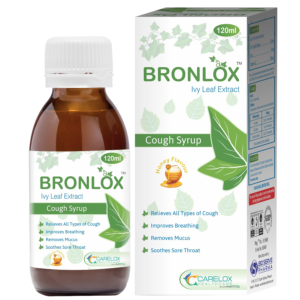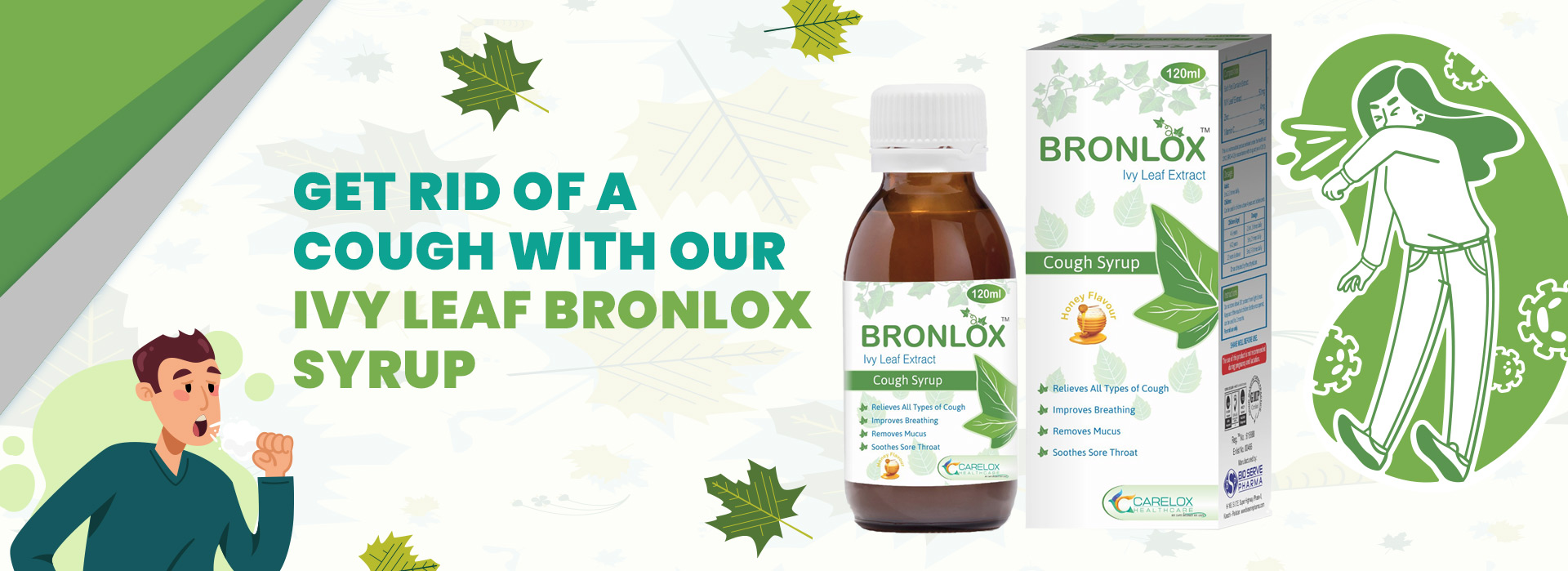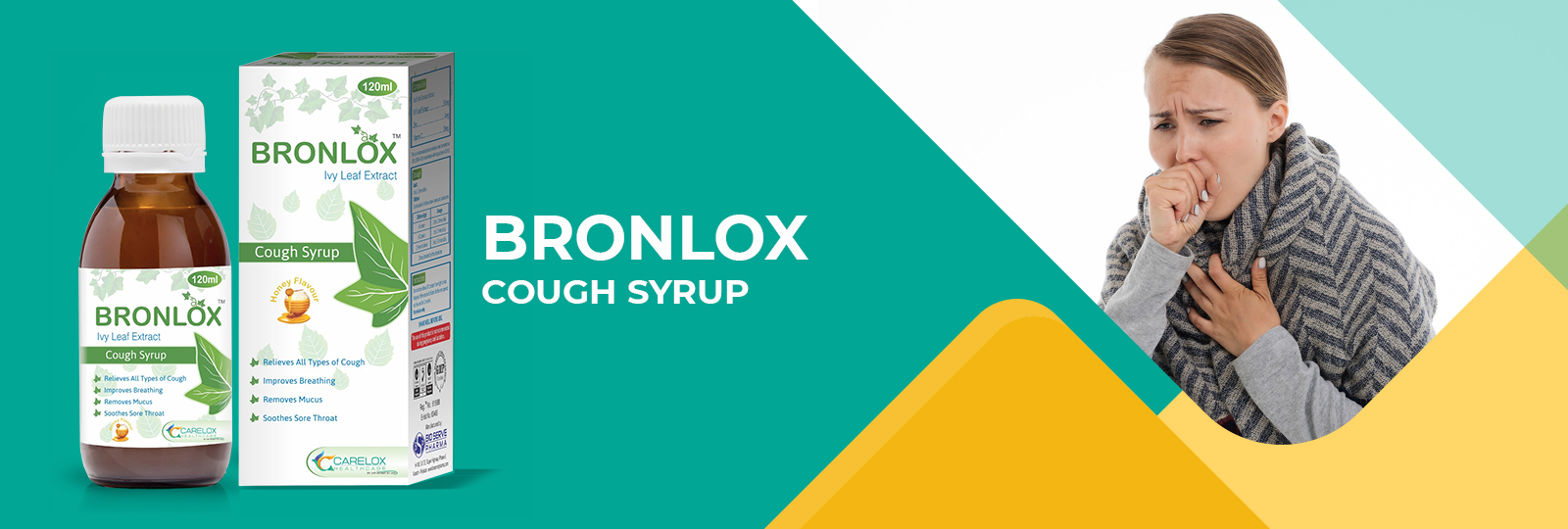Overview
Ivy Leaf is the leaf of the common ivy plant, also known as English ivy or Hedera helix.
English ivy is a vine. The leaves are used to make medicine.
People take English ivy by mouth for swelling and blockage of airway passages, to treat and improve lung function in people with bronchial swelling, to help bring up mucus and other material up from the lungs, for liver disorders, spleen disorders, gallbladder disorders, gout, joint pain and swelling, and scrofulosis.

How does ivy leaf work?
Ivy leaf has been found to contain 5-8% saponins (a chemical compound) and a low content of emetine (an alkaloid) – combined, these have the effect of helping thin, loosen and clear mucus from the chest.
English ivy might stimulate mucus glands and have expectorant properties. This might improve lung function in people with breathing difficulty due to swelling and blockage of airway passages. English ivy might also have antioxidant effects.
Ivy leaf also has been shown to alter the activity of immune-system substances and cells that trigger inflammation
HOW DOES IVY LEAF PROVIDE COUGH RELIEF?
Ivy leaf is frequently used for phlegmy coughs. Herbal cough drops and syrups made with Ivy leaf for congestion should be taken instead. These expectorants help loosen stubborn mucus, help clear lung passages, soothe the bronchi and have an anti-inflammatory effect on the bronchial mucous membranes. Hedera helix medicinal uses include alleviating coughs caused by cold, improving breathing, reducing the duration of mucous coughs and relieving chronic inflammatory respiratory problems.
Ivy leaf is excellent for congestion as it can help reduce cough and relax airways. This plant is exceptionally helpful for those suffering from Chronic obstructive pulmonary disease, bronchitis, asthma and allergies.
VITAMIN C
Vitamin C, or ascorbic acid, is a water-soluble vitamin. This means that it dissolves in water and is delivered to the body’s tissues but is not well stored, so it must be taken daily through food or supplements. Your body needs vitamin C for its muscles, bones, cartilage and blood vessels; it also helps your body absorb iron. However, Vitamin C does not necessarily improve cough symptoms. There are many potential causes of a cough, which include allergies, sinusitis or asthma, as well as a cold or the flu. Or a cough can be inherent of a more serious condition like emphysema, pneumonia, tuberculosis or even lung cancer. Vitamin C might improve a cough from some of these causes.
Among young Norwegian adults, having a low prevalence of asthma and high prevalences of smoking-related respiratory symptoms, dietary vitamin C intake may act as an antioxidant and thereby reduce cough and wheeze in smokers having high oxidant stress.
“Vitamin C has been demonstrated in some studies to shorten the duration of a cold and decrease the severity of symptoms — but it doesn’t directly affect congestion,” says Stringer. So if you’re battling congestion related to a cold, popping some extra vitamin C may help you get over your cold symptoms faster.
ZINC
Zinc is a mineral that’s important to the body in many ways. Zinc keeps the immune system strong, helps heal wounds, and supports normal growth.
Zinc has become a popular treatment for the common cold. Some studies have found that zinc lozenges may reduce the duration of cold, perhaps by a day or so, and may reduce the number of upper respiratory infections in children.
Zinc helps fight infection and heal wounds. However, if you already have enough zinc from your diet, it is not clear that getting even more — from supplements — has a benefit.







